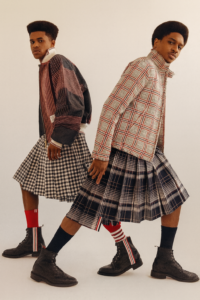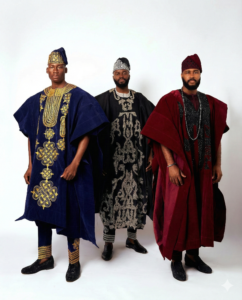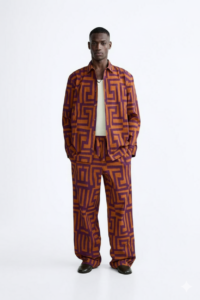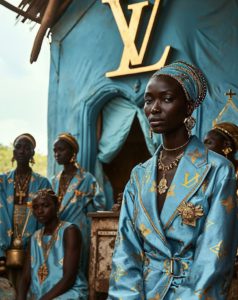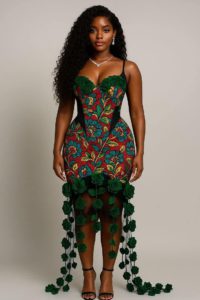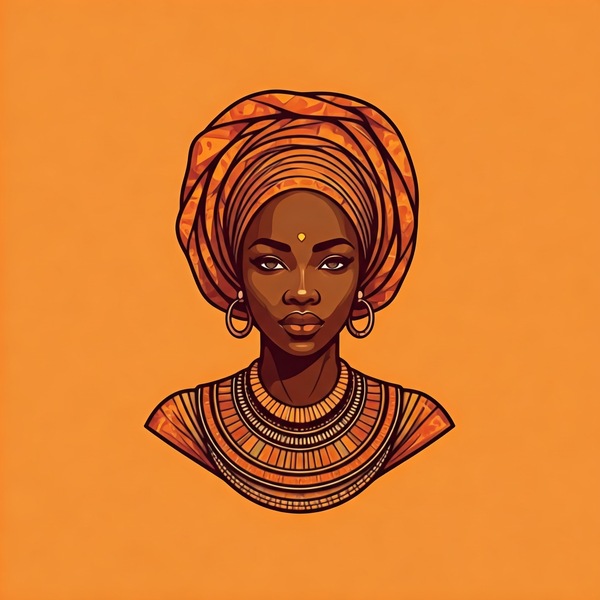Melanin and Majesty
African womanhood’s inherent beauty is rooted in authenticity, cultural pride, and a deep appreciation for the diverse and natural expressions of the female form
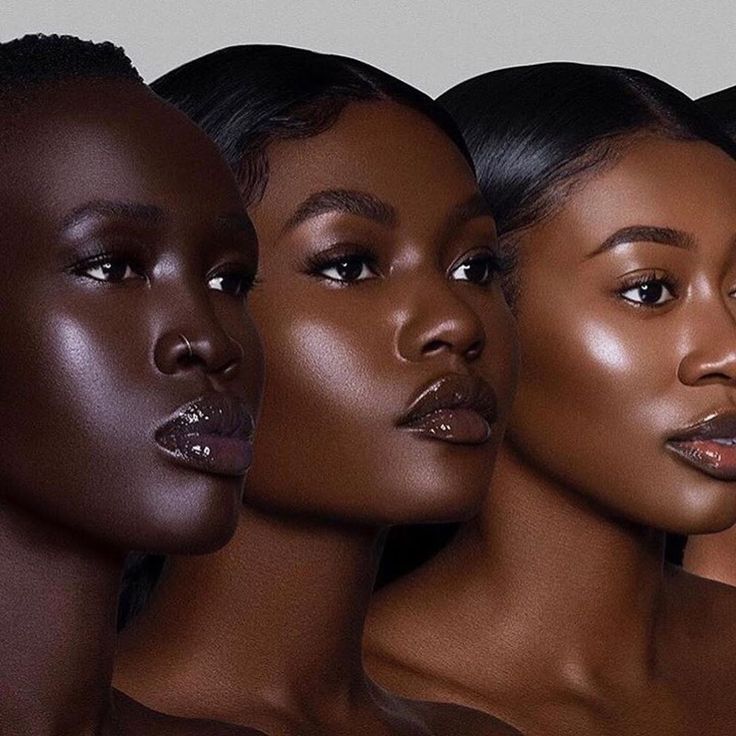
For centuries, African societies have cultivated unique and varied beauty standards, deeply intertwined with health, vitality, cultural identity, and spiritual beliefs. These ideals often stand in stark contrast to Eurocentric norms, emphasizing natural features and a holistic approach to beauty.
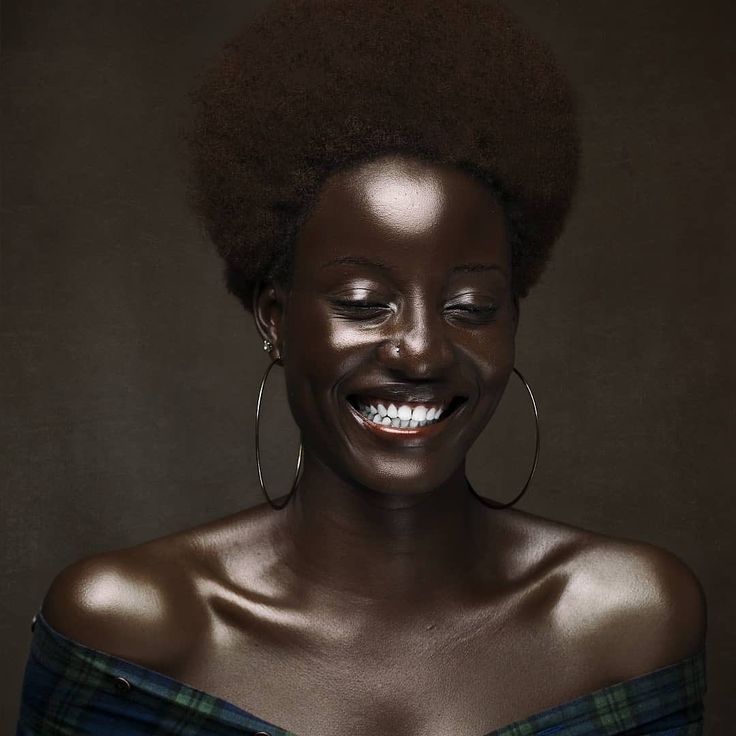
The Radiance of Melanin
Diverse Tones: African women embody an extraordinary range of melanin-rich skin tones, from warm caramel to deep ebony. Each shade is celebrated for its unique luminosity, richness, and resilience. This diversity is a source of immense pride, reflecting the continent’s vast genetic heritage.
Natural Protection: Melanin provides natural protection against UV radiation, contributing to skin that ages gracefully, often showing fewer wrinkles and fine lines. This inherent resilience is itself a form of beauty.
Challenging Colorism: While colonial influences unfortunately introduced colorism (preference for lighter skin), there is a powerful and ongoing movement within Africa and the diaspora to reclaim and celebrate all shades of melanin, rejecting bleaching products and promoting self-acceptance.
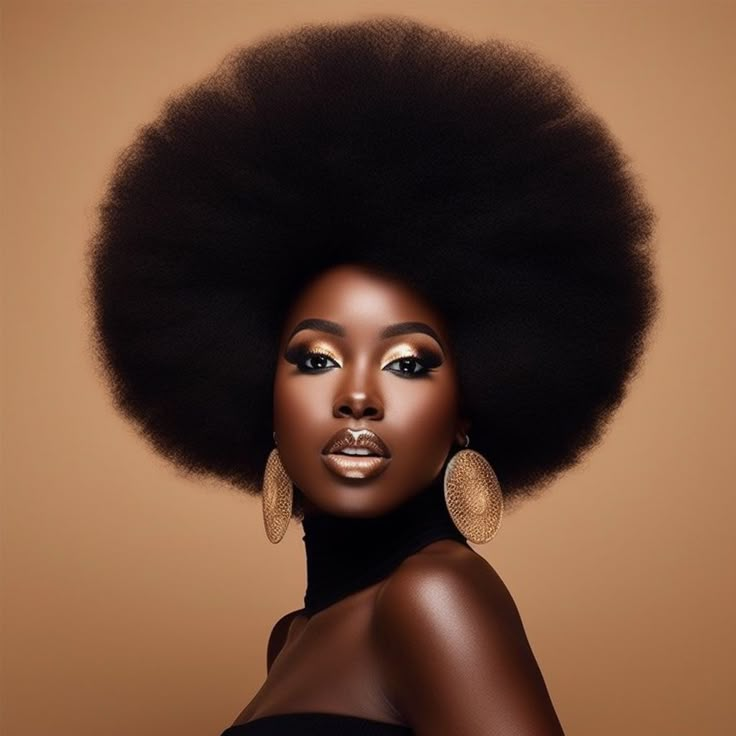
The Crown of Natural Hair
Textural Richness: Afro-textured hair, with its tightly coiled, kinky, and curly patterns, is celebrated for its versatility, strength, and unique beauty. It is seen as a crown, a direct connection to heritage.
Braids, Twists, Locs: Traditional braiding techniques (cornrows, box braids) and protective styles (twists, locs) are not just functional but highly artistic and symbolic. They communicate identity, status, and personal style, often adorned with beads, cowrie shells, or other traditional accessories.
Natural Hair Movement: The global natural hair movement has strongly resonated in Nigeria and across Africa, fostering a widespread embrace of un-straightened hair as a symbol of cultural pride and authenticity.
Diverse Body Forms and Adornment
Celebrating Fullness: In many African cultures, fuller figures are traditionally associated with beauty, health, and fertility, challenging Western ideals of thinness.
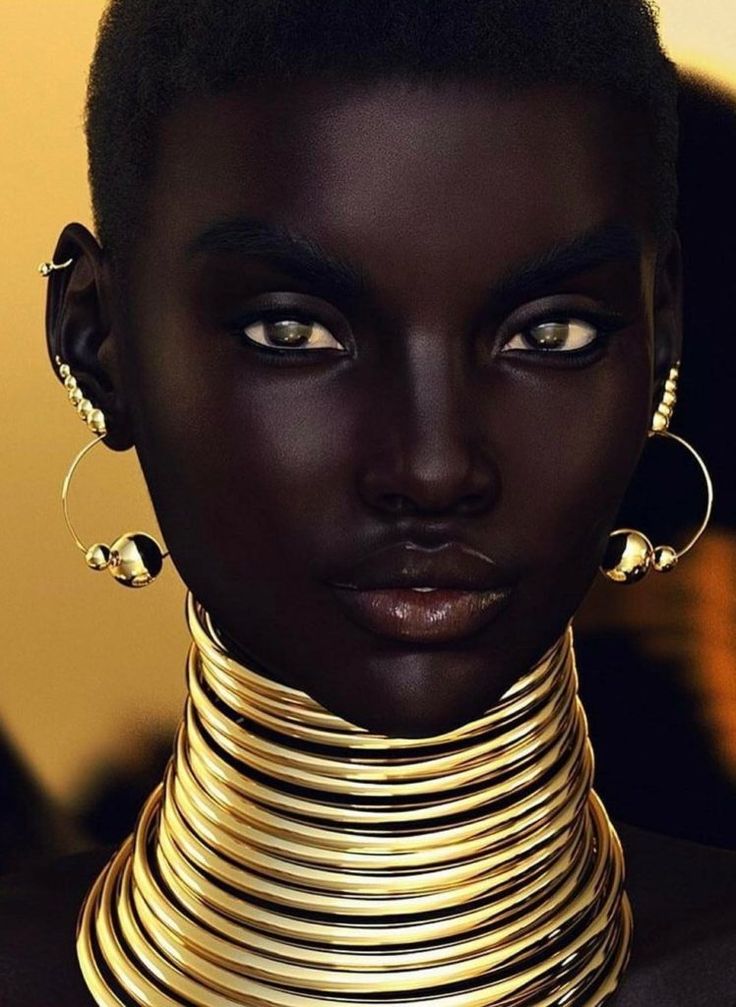
Body Adornment: Practices like waist beads (West Africa), intricate beadwork, and carefully applied body paint or temporary henna designs are forms of adornment that enhance beauty, convey status, or hold spiritual significance. Scarification (though less common now) was historically seen as a mark of beauty and resilience.
Movement and Expression: Beauty is also perceived in the way a woman carries herself, her grace in movement, her expressive smile, and her confidence.
African womanhood’s inherent beauty is rooted in authenticity, cultural pride, and a deep appreciation for the diverse and natural expressions of the female form. It is a powerful affirmation that African women define beauty on their own terms, radiating a unique and captivating majesty.




